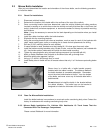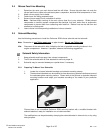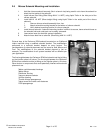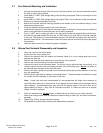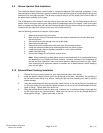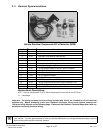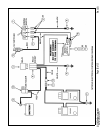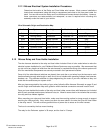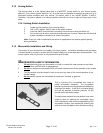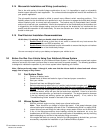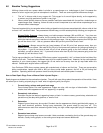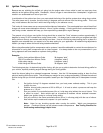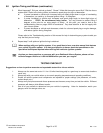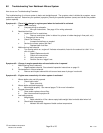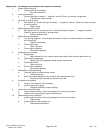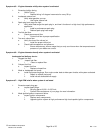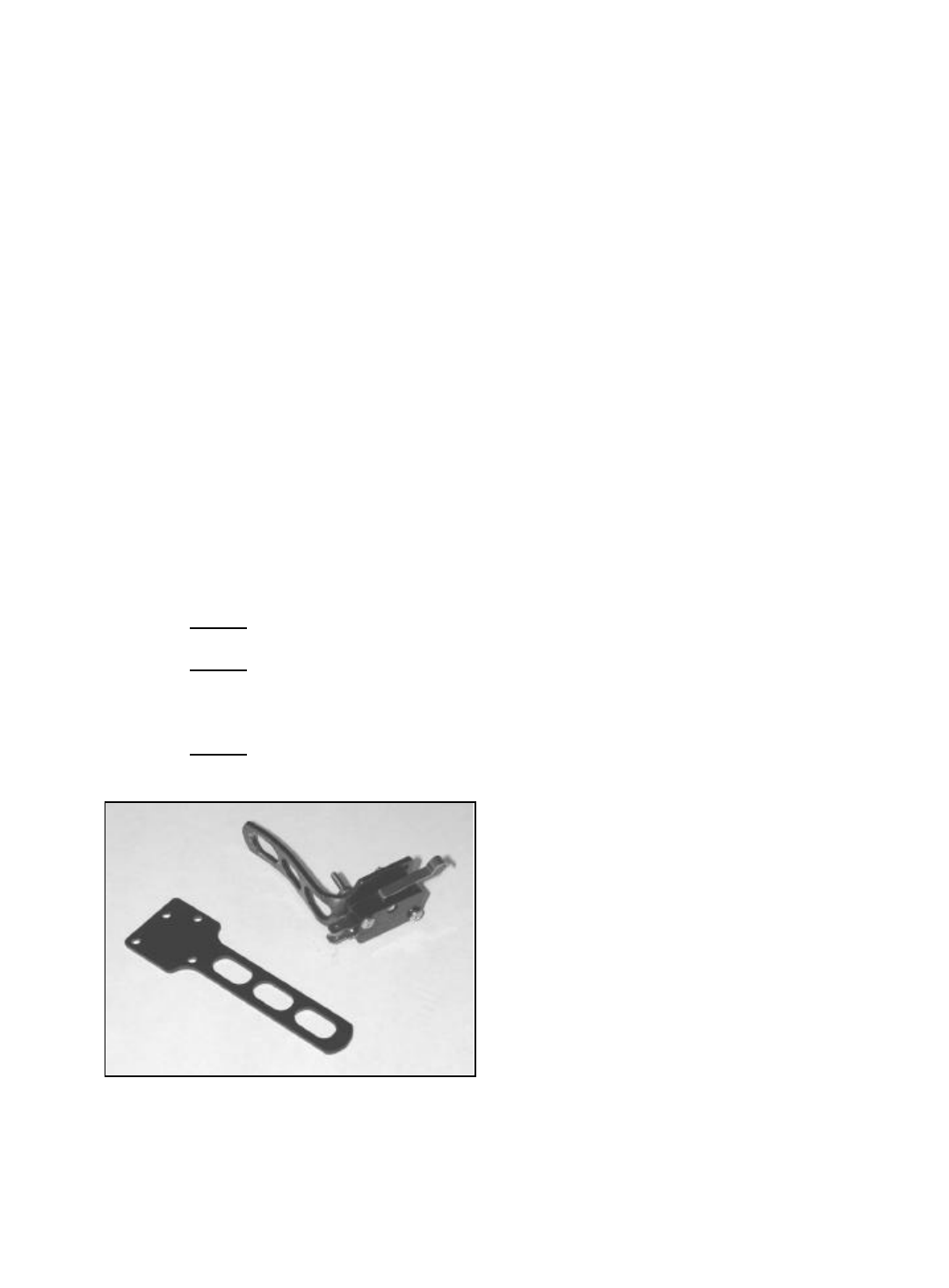
2001 Edelbrock Corporation
Brochure No. 63-0040
©
Rev. 11/01
Page 17 of 25
This is a picture of an un-modified and “ready to
install” microswitch assembly. The microswitch
bracket has several mounting positions available for
clocking of the switch. It also is of a universal length
and can be attached to several positions on and
around the throttle body linkage.
The bolts used to attach the microswitch have extra
length to allow for spacing the microswitch away
from the bracket to offer a level of adjustability of the
microswitch location. We recommend trimming the
bolts for a clean installation when finished mounting.
2.13 Arming Switch
The arming switch is a red, lighted switch that is a “MASTER” arming switch for your nitrous system.
Without it, your nitrous system would be “on” all of the time and capable of engaging anytime you go to
wide-open throttle conditions with your vehicle. The switch, when in the “armed” position, is well lit.
Therefore, it should be placed in an obvious position well within the line of sight and easy reach of the
driver.
2.14.1Arming Switch Installation
1. Locate the final position of your arming switch.
2. Drill a .450” (approx. 29/64”) hole for the switch location.
3. Insert the switch from behind the mounting hole and secure with the switch nut.
4. Do not wire until all other mechanical components are in place. Please see the electrical
system installation instructions for further information.
Note: There is a collar included with the switch for applications that require special spacing
during installation.
2.14 Microswitch Installation and Wiring
The function of your microswitch is to enable your nitrous system. It should be installed so that the switch
is forced closed by coming in contact with the throttle linkage only at the wide open throttle position. The
nitrous system must only function at fully-loaded wide-open throttle.
RRMICROSWITCH SAFETY INFORMATION
1. Do not allow wiring from the microswitch to come in contact with heat sources on the intake
manifold such as EGR risers or passageways.
2. Do not run wires to the microswitch that can create interference with the operation of the throttle
linkage.
3. The microswitch must be located in such a way as to be clear of the normal operation of the
throttle linkage.
4. Do not directly expose the microswitch to liquids such as water or gasoline.



